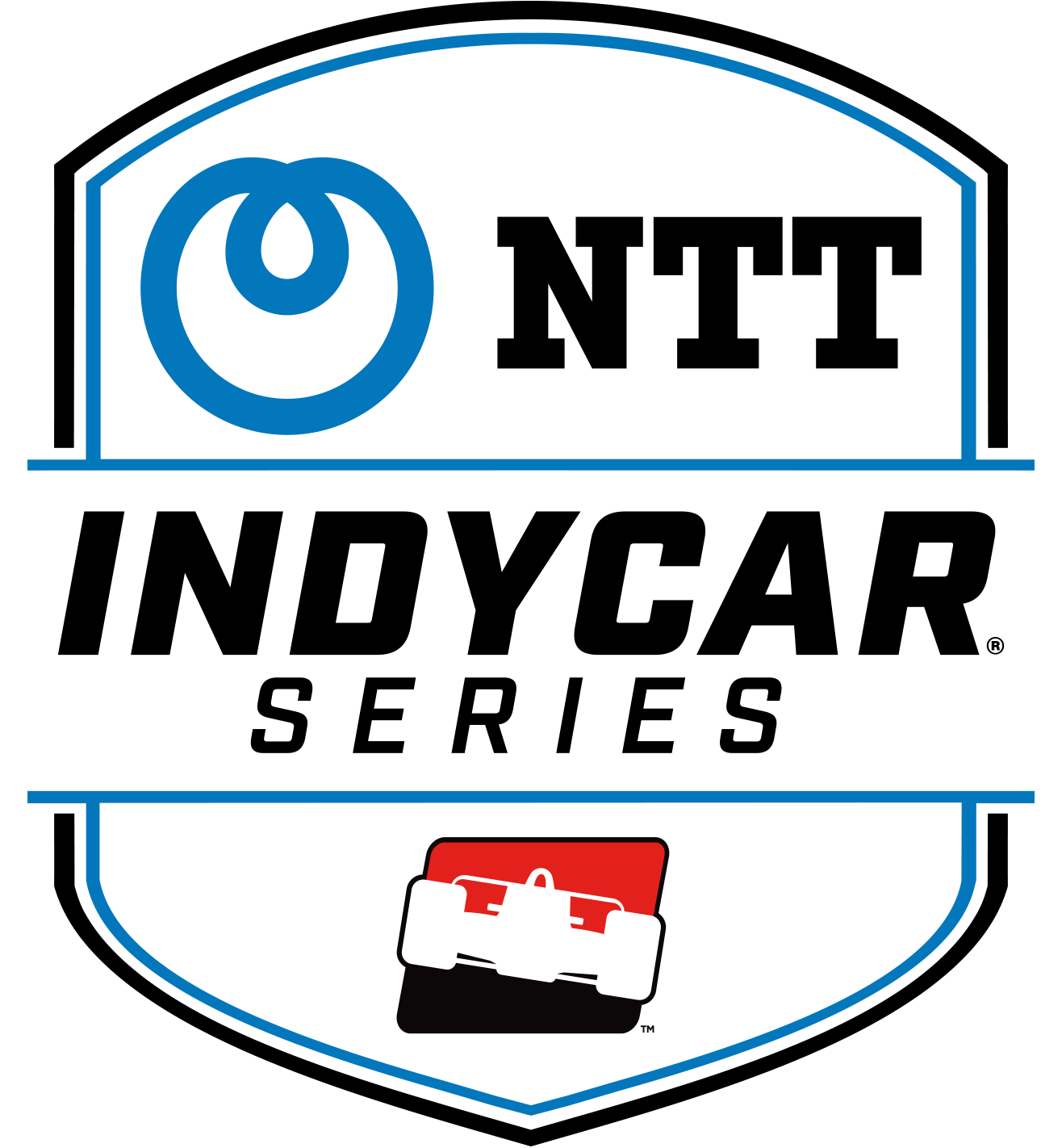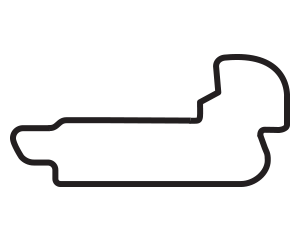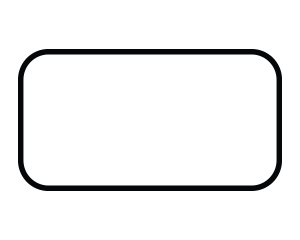Malukas’ Parents Living American, '500' Dream as Immigrants
MAY 23, 2022
There are many reminders for David Malukas of the spirit, sacrifice and strong work ethic his parents possess and instilled in him as he sets to compete in his first Indianapolis 500 presented by Gainbridge this Sunday.
It’s why he races under both the American and Lithuanian flags – David is a first-generation American, but his parents are natives of Lithuania who left the country in 1991 at the fall of the Soviet Union.
Just 22 and 23 at the time, Henry and Daiva Malukas saw an opportunity to live a better life in the United States, as well as provide better opportunities for their children than they had growing up under Communist rule.
Henry and Daiva grew up with restricted TV time. The ability to watch movies was a luxury. Even purchasing meat at the market was restricted, buying what was offered to them in line at 6 a.m.
Their first glimpse of the United States came through movies like “Rambo” and “Karate Kid” they watched on VCR as teenagers. America was a land of opportunity and prosperity for the still freshly married high school sweethearts.
“The United States, it was at that time, everybody’s dream,” Henry said. “Or not even a dream. It’s like if I told you today you are going to Mars in two years. You’d be like, ‘Oh, I don’t know.’ That’s how the distance felt at that time. That’s how I pictured the United States.”
Lithuania declared the sovereignty of its territory May 18, 1989 and declared independence from the Soviet Union on March 11, 1990. It was the first Soviet republic to remove “Soviet” from its name. Then, on Dec. 25, 1991, the Soviet Union fell under the leadership of Mikhail Gorbachev, and Boris Yeltsin was installed as president of the newly independent Russian state.
Henry and Daiva were two of the first people to leave the country once given the opportunity, still using a Soviet Union passport. They packed up their two daughters, two suitcases and left their home of two decades for a fresh start in America.
They didn’t know English, they didn’t have many skillsets, and they didn’t know the culture of the United States. Simple things like “hello” or the drive-thru at McDonald’s were unknowns, the latter of which they thought was fine dining when they first arrived in the country.
Daiva worked as a maid, and Henry became a truck driver. Luckily, driving happened to be one of his passions, and he enjoyed the work. Young and spry at the time, none of the above were scary or daunting for the couple in their new adventure.
“Daunting at that age? No, I was just excited,” Henry said. “I didn’t have any skill. I was just excited. Everything was extremely cool.”
Said Daiva: “We were too young to be scared. It was just excitement. If I had to do that as this age, I probably would think a lot harder.”
Daiva estimates it took her and her husband 10 years to truly feel like the United States was their home. Slowly, they adjusted to the culture and learned the language. Early on in their time in the United States, going to dinner with friends felt like a lot of pressure. Eventually, however, socializing became easier the more they felt at home.
When Daiva went back home to Lithuania for the first time, she was so excited to see her homeland, visit with friends and see the family she missed dearly. She was so eager that she booked a three-month trip home, but immediately she realized Lithuania was no longer her home.
“I was so excited to go, and the minute we landed, everything felt so close,” she said. “People don’t smile, and you can see that. Those three months were too long, and after two weeks I was ready to go back. When I came back after those three months, I realized this was my home now.”
As Henry and Daiva established themselves in the United States, Henry worked all the time, including many weekends. Eventually, he also became a dispatcher, responsible for driver and trip scheduling and driver communication on their routes.
Once in an office setting, he learned of a need for someone to manage the office, do paperwork and payroll. So, Henry got Daiva a job in his office.
When Henry became a truck driver, the couple purchased their first truck in cash. Where they came from under Communist rule, you had to buy everything in cash. Loans were no option.
When it came time to pay taxes on the truck, they were told if it was in their personal name, they needed to create a corporation. So, on the fly while doing their taxes, they created the company that has made them emblematic of the American dream: HMD Trucking, Inc.
Henry and Daiva simply rearranged the initials of their names in the order that sounded best: H for Henry, M for Malukas and D for Daiva. From there, they slowly built their Chicago-based trucking company into a multimillion-dollar trucking empire with over 500 trucks.
“The American dream? Yeah, that was actually like in the second week (of moving to the United States) when I received a check from driving a truck,” Henry said. “That was the American dream come true.”
David, who turns 21 in September, is proud of his family story. It’s one you often read about but rarely experience. Because of how much his parents have overcome, he said it’s an added sense of pressure as he tries to live up to the bar they’ve set.
“The fact that my parents were able to do it and achieve it, it’s just something you read in books or hear in stories,” David said. “The fact that my parents are the ones that have actually done it and gone through it is incredible.”
After more than 20 years of HMD Trucking, Inc., the family is expanding the business into auto racing, specifically the NTT INDYCAR SERIES and Indy Lights presented by Cooper Tires. Always a fan of driving, Henry also was hooked on racing from the time he went to his first INDYCAR SERIES race at Michigan International Speedway.
On their way home from Michigan one time, the family stopped for a go-kart event in South Bend, Indiana. David, then 6, was immediately hooked. From there, the family started looking for ways to help David realize his dream of being a race car driver.
Growing up, they couldn’t realize their dreams, so it was incredibly important for them to help their son realize his.
David rose through the karting ranks and eventually transitioned to open-wheel racing. His first year in Indy Lights in 2019 was an average season, with a best finish of third. He finished sixth in the championship.
However, he emerged in Indy Lights in 2021, winning seven races and losing the Indy Lights championship to Kyle Kirkwood by just 13 points.
Now, David is an NTT INDYCAR SERIES rookie for Dale Coyne Racing with HMD looking to become the first Indy 500 rookie to win “The Greatest Spectacle in Racing” since Alexander Rossi in 2016. He starts 13th this Sunday (11 a.m. ET, live on NBC, Telemundo Deportes on Universo and the INDYCAR Radio Network).
In Indy Lights, Malukas competed for the family-owned race team HMD Motorsports. Now, the family team is a part-owner and sponsor of his No. 18 Honda. The family’s passion for open-wheel racing has led them to keep its Indy Lights team, which is leading the 2022 championship with Linus Lundqvist.
“After hearing about everything they’ve gone through, the fact that they have it all, they have money, they have everything and yet they put it all into me, it really just feels like how spoiled I am,” David said. “I’m lucky in the fact that they went through all that and still decided to put it all into me and spoil me and put me to where I am today.
“Without them, I wouldn’t be anywhere even near this goal.”
While David is a first-generation American, Lithuanian was his first language. He didn’t learn English until he was 5 years old. His family is rich in Lithuanian culture, food and traditions. He has traveled back to his parents’ homeland several times.
So, while he certainly is an American, Malukas is proud of where his parents have come from and his heritage. Be it the Lithuanian flag on his firesuit or his parents’ initials across his black, red and white race car, it’s easy for David to remember where he came from.
“I still am true to my Lithuanian roots,” David said. “I love it. I’m always in the culture. My parents celebrate Lithuanian holidays, and we still have many Lithuanian friends. I do identify as an American citizen, but I do still have those true Lithuanian roots.”
And this Sunday, two immigrants who took a chance on themselves in 1991 to find a better life will see their son race in the largest single-day sporting event in the world.






















